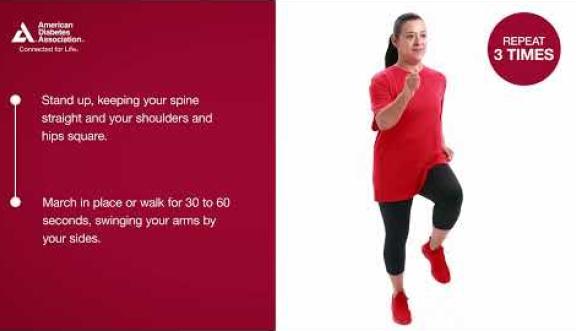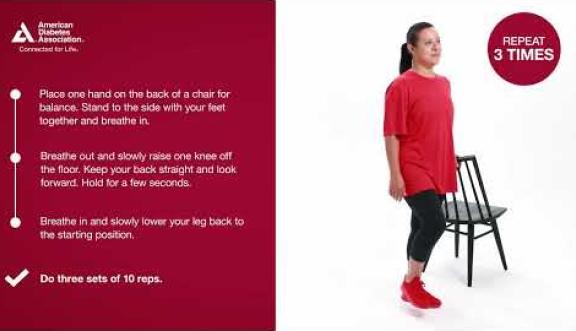Obesity Care Your Way
The American Diabetes Association’s (ADA’s) Standards of Care in Diabetes defines obesity as a disease, which means obesity results from a mixture of behavioral, environmental, and genetic factors—not just from lifestyle. That means there's more to managing it than lifestyle changes like healthy eating and exercise.
One of the ways to learn more about your weight and if you may have obesity is with the body mass index (BMI)—which measures your weight against your height. But your BMI is just one piece of information, not the whole picture. To understand your risk for medical conditions like obesity and diabetes, we need to look at other factors along with your BMI.
Some of our researchers are hard at work to identify what causes obesity and how to best to provide obesity care. But what we do know is that obesity care for each person is as unique as they are. There is no single approach that works for everyone and there are many options that can be tailored to your needs.






















 is proud to support the work of the American Diabetes Association® to address obesity.
is proud to support the work of the American Diabetes Association® to address obesity.